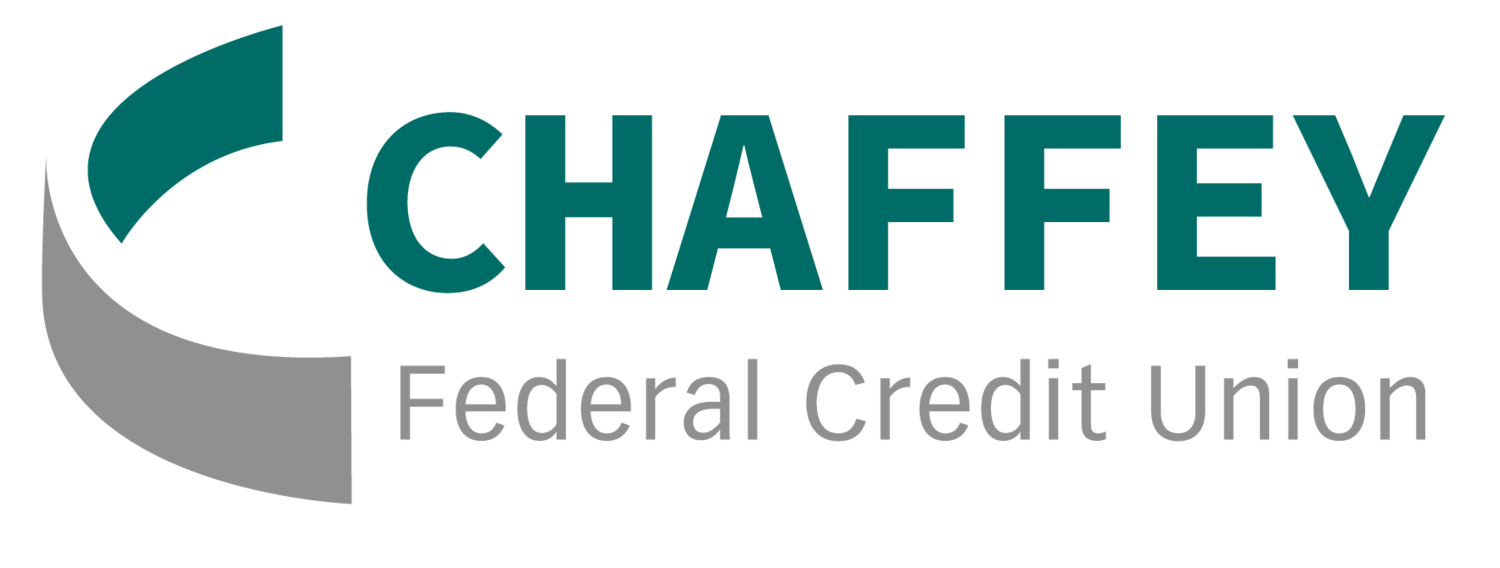Your Guide to Car Buying
Buying a new car can be an exciting time – modern safety enhancements, entertainment features, and customization all come together to create your perfect vehicle. Before getting too excited about your next car, be sure to ask yourself these questions:
What can I afford? Think of monthly financing costs, maintenance, and insurance.
How will I use the vehicle? How often will you use the vehicle? How long do you plan to keep it?
What are my needs in this vehicle? Think of what the vehicle will be used for: occasional driving, towing, transporting yourself, transporting a group of people.
If you’re looking for more help with your car-buying journey, sign up for our upcoming Auto Seminar to receive free insight from the Chaffey FCU lending team, a local vehicle broker, and a local Allstate insurance representative.
Paying For Your New Ride
It’s no secret – rates and prices have increased everywhere over the last few years. Do yourself a favor and compare auto loan rates instead of accepting the first offer the dealership gives you. To ensure your car fits within your budget, work with your credit union lending team to get pre-approved. That way, when you walk into the dealership, you can simply point out the vehicle you’ve already picked out – you’ll already have financing secured before the dealership has the chance to overwhelm you with additional offers.
Turning to your credit union for GAP (Guaranteed Asset Protection) and MBI (Mechanical Breakdown Insurance) can be cost-effective as well. These come into play as protection in the event your vehicle is totaled when you owe more than it’s worth, and as extensive warranty coverage. These services will likely be offered to you at the dealership, but keep in mind that getting these services from Chaffey FCU Lending can help you take advantage of extra security at a competitive price.
If you are buying a used car, be sure to also consider its history. Sources such as Kelley Blue Book or Edmunds are available to help you determine the value of the car, before committing to its price.
Building Your Vehicle Budget
If you’re not sure what price fits in your budget, try testing out different car payments each month. Put aside $350 next month to see how easily a payment that big fits into your budget. If that works, try $450. After a few months of testing, you’ll be confident in what you can afford. Plus, you’ll have some additional funds set aside to add to your down payment. Use our free Auto Calculators to help you uncover answers to important questions, such as how much you can afford and determining what your payments will be ahead of time.
When considering financing options, be careful of longer-term loans. At first glance, opting for longer terms may seem like the right choice due to lower monthly payments. However, the longer term also means more time for interest to accrue. While you might save a little each month, you’ll end up paying more in interest fees during the length of the loan, compared to a shorter term.
Buying vs Leasing
One question you’ll have to answer when planning for your new car is if you want to purchase or lease it. Buying means your payments go towards the cost of the car so that you eventually own it; leasing means you pay to use the car under agreed upon terms. By purchasing a car, you can take advantage of benefits such as:
Eventually owning the car,
Payments ending when the vehicle is paid for,
The ability to sell the car if or when needed.
Leasing a car allows you to:
Commit to typically lower monthly payments and upfront costs,
The vehicle being covered by a factory warranty.
However, keep in mind that leases may also come with higher insurance fees depending on the type of vehicle, restricted mileage, or potential fees for wear and tear. If you need help thinking about this decision, our free “Should I lease or purchase my car?” Calculator may help provide the information you are looking for.
Consider Working with an Auto Broker
Auto brokers work directly with you throughout the car buying process – from deciding what to look for in your ideal vehicle, to working with the dealership to get you a fair price. If you are trying to find the perfect car on a tight schedule, or if this is your first time navigating a dealership, this option might be beneficial to you. Chaffey FCU works with a few local brokers, such as Pacific Auto Sales & Leasing in Upland, to connect Members with team dedicated to helping them find the best car deals.
Keep Your Vehicle Protected
Don’t forget to find an insurance plan that fits your budget and keeps your new car protected. Many states, including California, require that your car at least have liability coverage (which comes into play if you are found to be at fault in an accident), but be sure to consider other policies available in California, such as:
Uninsured/Underinsured motorist protection – Supports you if you're in an accident caused by someone with little or no insurance.
Collision – Pays to repair the damage to your vehicle in the event it is in an accident with another vehicle.
Comprehensive – Covers a variety of losses, such as fire damage, theft, or collision with an animal.
Roadside Assistance – Helps if you need towing or assistance due to mechanical problems.
Finding the perfect policy combination at a price you can afford is not always an easy task. To better understand each policy, talk directly with an insurance agent in your area. When speaking with your agent, be sure to ask about money-saving opportunities in your policy. Many insurance agencies provide different discounts for drivers, such as Good Driver benefits or multi-car discounts.



